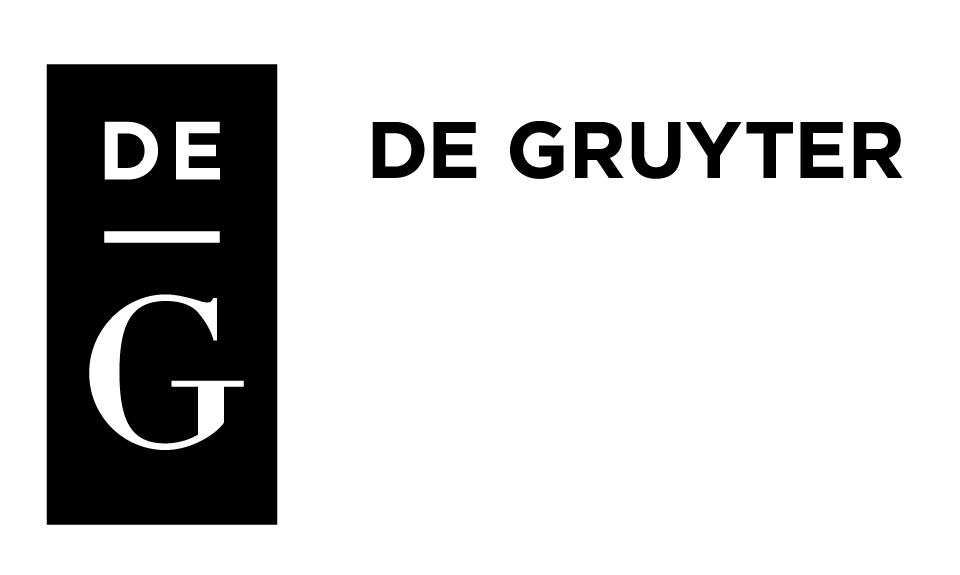Abstract
In the problem of private “swarm” computing, n agents wish to securely and
distributively perform a computation on common inputs, in such a way
that even if the entire memory contents of some of them are exposed,
no information is revealed about the state of the computation.
Recently, Dolev, Garay, Gilboa and Kolesnikov
[Innov. Comput. Sci. (2011), 32–44]
considered this problem in the setting of information-theoretic security, showing how to perform such computations on input streams of unbounded length. However, the cost of their solution is exponential in the size of the finite state automaton (FSA) computing the function.
In this work we are interested in an efficient (i.e., polynomial time)
computation of the above model, at the expense of minimal
additional assumptions. Relying on the existence of one-way functions,
we show how to process unbounded inputs (polynomial in the security parameter)
at a cost linear in m, the number of FSA states. In
particular, our algorithms achieve the following:
In the case of (n,n)-reconstruction (i.e., in which all n
agents participate in the reconstruction of the distributed
computation) and at most n - 1 agents are corrupted, the time required to process each input symbol and the time complexity for reconstruction are
Funding source: Israeli Ministry of Science and Technology (MOST)
Funding source: Institute for Future Defense Technologies Research
Funding source: Israel Internet Association (ISOC-IL)
Funding source: Lynne and William Frankel Center for Computer Science at Ben-Gurion University
Funding source: Rita Altura Trust Chair in Computer Science
Funding source: Israel Science Foundation
Award Identifier / Grant number: 428/11
Funding source: Cabarnit Cyber Security MAGNET Consortium
Funding source: MAFAT
Funding source: Deutsche Telekom Labs at BGU
© 2015 by De Gruyter
This article is distributed under the terms of the Creative Commons Attribution Non-Commercial License, which permits unrestricted non-commercial use, distribution, and reproduction in any medium, provided the original work is properly cited.



